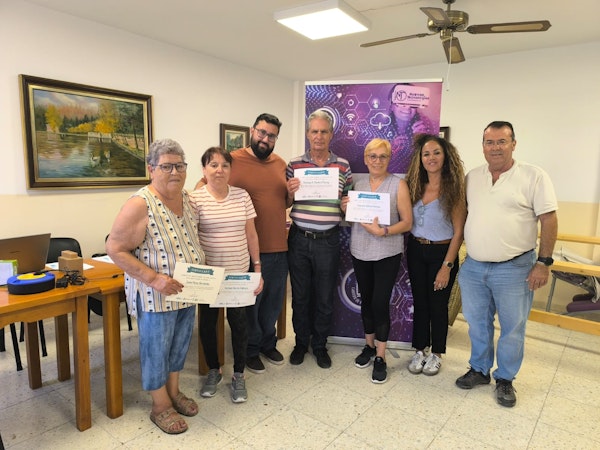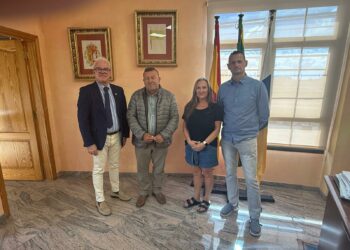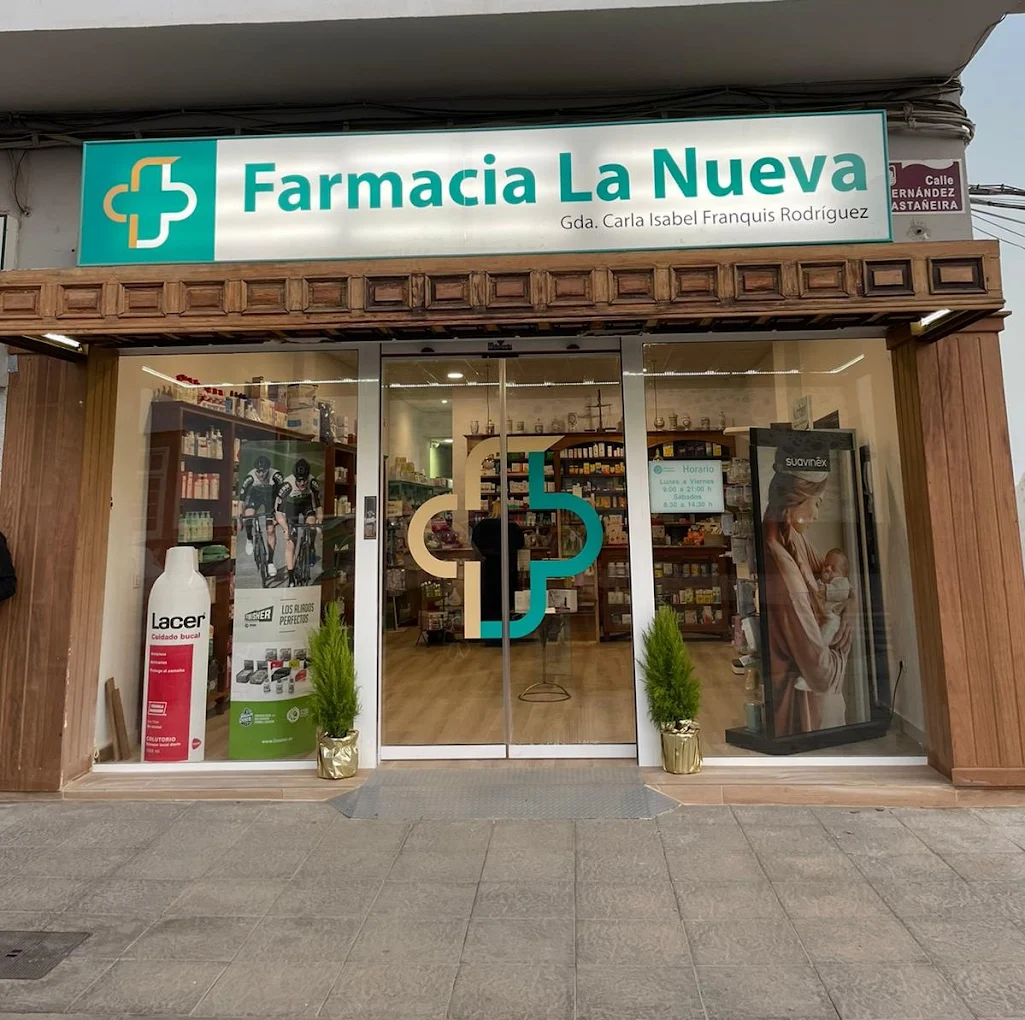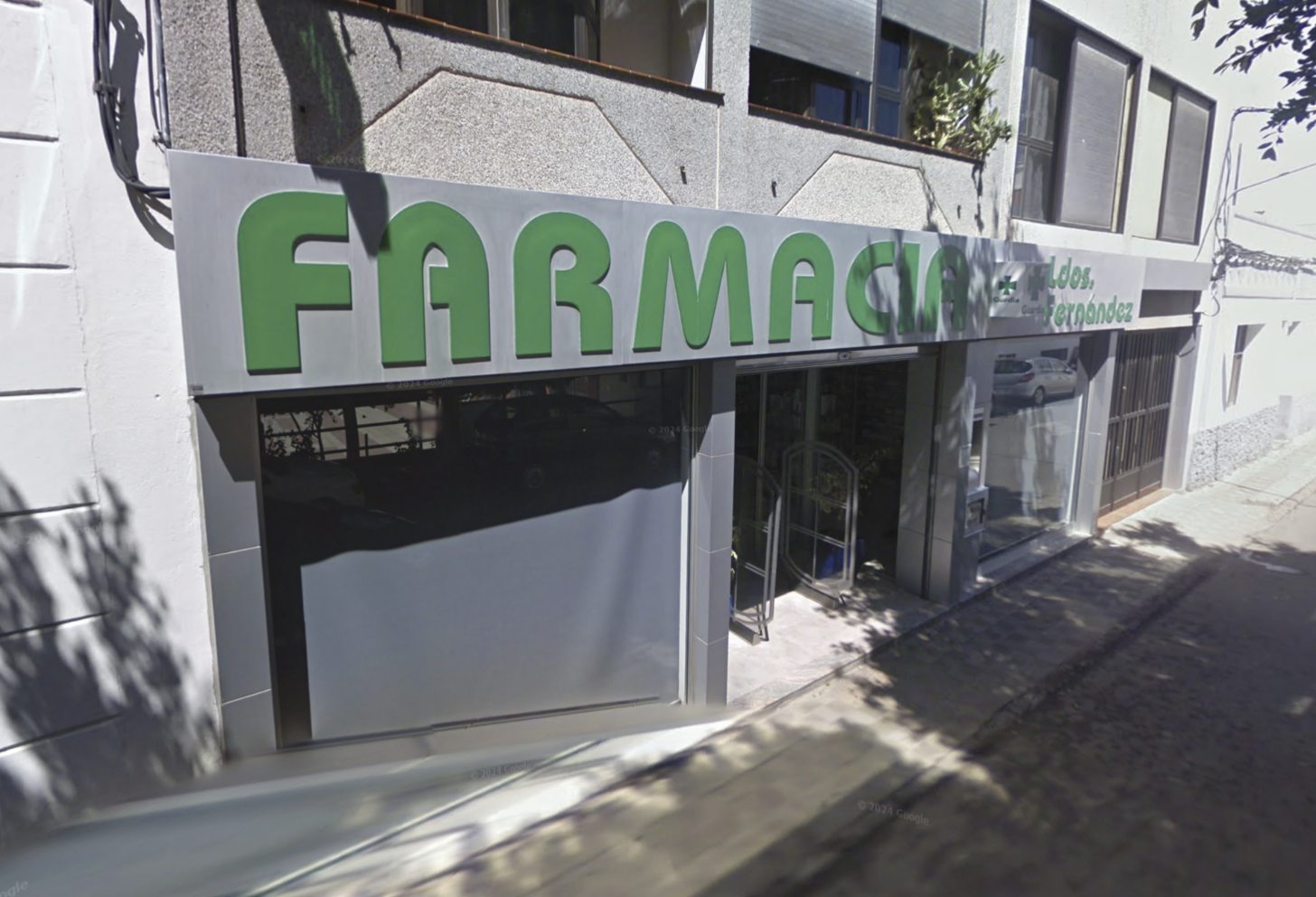M
About thirty people over 55 years of all municipalities of Fuerteventura have successfully completed the digital literacy course of the project ‘Conecta2: navigating the digital age’. This pioneering initiative, promoted by the Cabildo of Fuerteventura through the Department of New Technologies, aims to promote technological inclusion and reduce the digital divide among the senior population of the island.
The course was held between March and June in the six majorero municipalities, with a high participation and a very positive assessment by the students. Throughout the different training modules, the participants have learned from the basic use of computers and cell phones to practical tools such as e-mail, social networks, video calls, the use of mobile applications, safe navigation or the use of artificial intelligence tools.
The president of the Cabildo, Lola García, points out that the training experience has ended with a “very positive” assessment, both in terms of the acquisition of digital skills and the increase in confidence and personal autonomy. “This is especially relevant for the elderly, since it is not only about teaching them how to use technology, but also about opening new ways of communication, access to services and participation,” she explains.
For the Councilor for New Technologies, Carmen Alonso, this project “has exceeded expectations” and confirms that there is “great motivation” among the elderly to learn and adapt to the digital environment. “Conecta2 has shown that, with close and personalized training, it is possible to break down barriers and empower this group to make the most of the opportunities offered by technology”. “From the Department of New Technologies we will continue to promote this type of initiatives aimed at breaking the digital divide and taking them to every corner of the Island.”
The training, designed with a practical and student-centered approach, has had the institutional support of the municipalities of Puerto del Rosario, La Oliva, Antigua, Tuineje, Betancuria and Pájara, which have collaborated in the provision of spaces and in the dynamization of the course at the local level. The pedagogical work included individualized attention, visual materials and a guide for participants to continue practicing at home.
This action is financed with funds from the Canary Islands Development Fund (FDCAN), annuality 2023, within the proposal submitted by the Cabildo in the Strategic Line 1 “R+D+I”, Axis 1.5 “Promotion of digital public services”, Action 4 “Digital skills for citizenship”.













